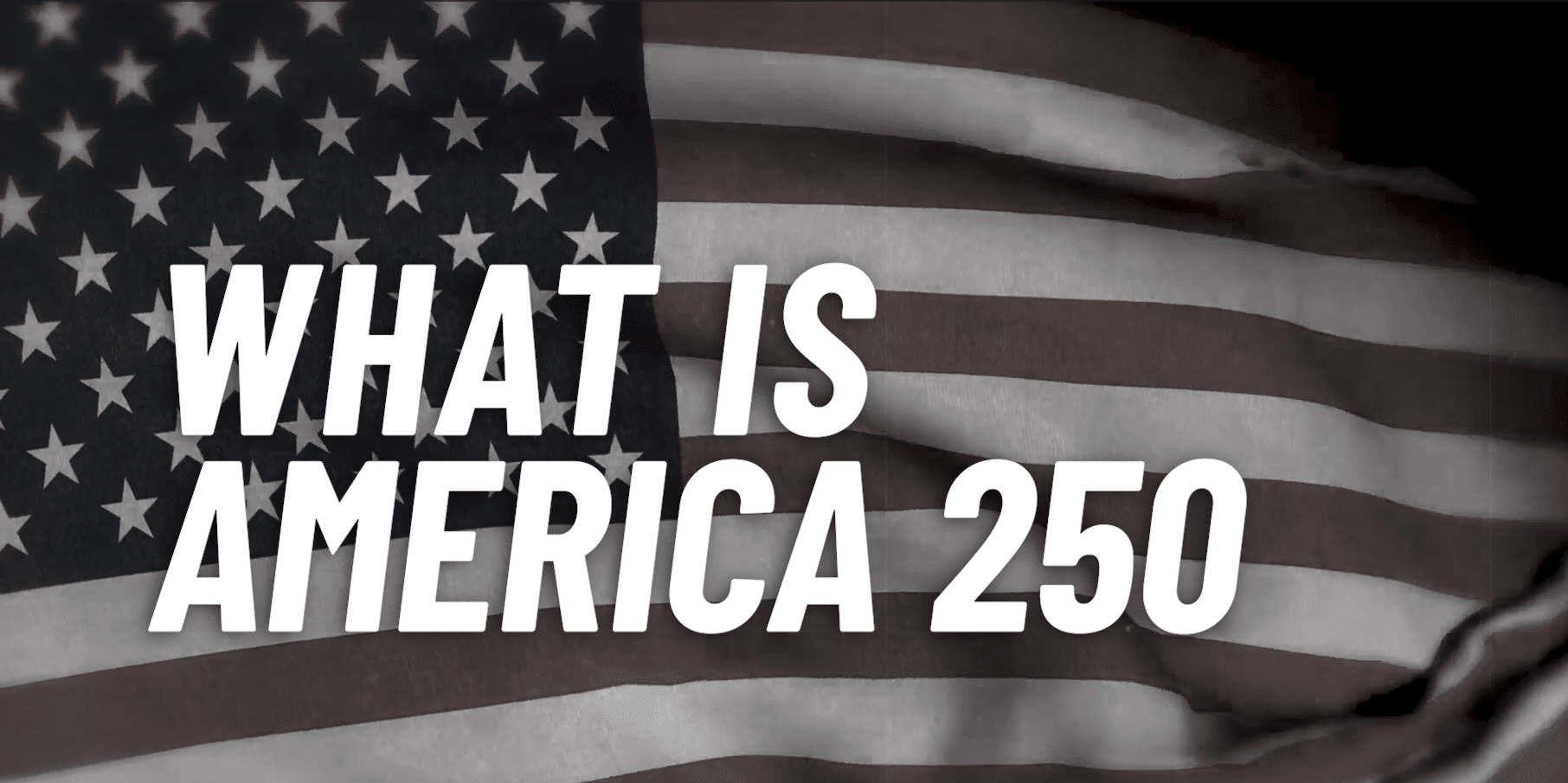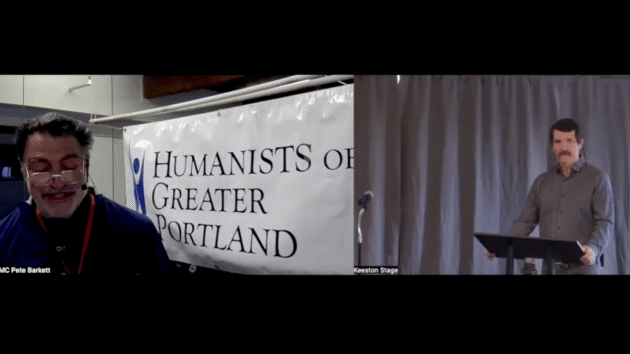Legislation and judicial rulings securing legal Rights for Nature and individual ecosystems have lit-up the political landscape around the world. In the United States we face serious obstacles.
Implementation of this emerging paradigm confronts the hyper-protection of monopolistic legal rights vested in property like land, minerals and water, which are insulated from democratic governance by design. The intentional conflation of privileged property of this sort with personal property, the product of individual labor and creativity, perpetuates distrust of Rights of Nature (RoN). We must challenge these pillars of privilege:
Property over Rights: The biggest difficulty in establishing RoN in the U.S. is the superior deference given by law to privileged property and wealth accumulation, over and above the legitimacy of human and civil rights, including the right of personal property.
Commerce over Community: The U.S. Constitution vests full authority in Congress to veto state and local laws that interfere with interstate commerce. This puts RoN in a precarious relationship to law. Local enforcement of rights-based ecosystem protections are routinely blocked.
Precedent over Current Needs: Legal precedents are treated as inviolable social values, even as they continue to despoil Earth and hold in contempt human rights and RoN.
Monetization of Nature: Schemes such as carbon trading, Natural Asset Companies and other market-driven attempts to contain the natural world within the orthodoxy of capitalist dogmas pretend to be reasonable approaches to protecting Nature. In fact, they are false solutions that threaten to further objectify Nature as property.
Watering Down: Subordinating RoN law to administrative law runs the real risk of nullifying its transformative potential. Highly publicized faux Rights of Nature initiatives like the Orange County, Florida popularly enacted “Right to Clean Water” law plays into the existing paradigm of regulating the rate of environmental destruction, and legalizing it.



